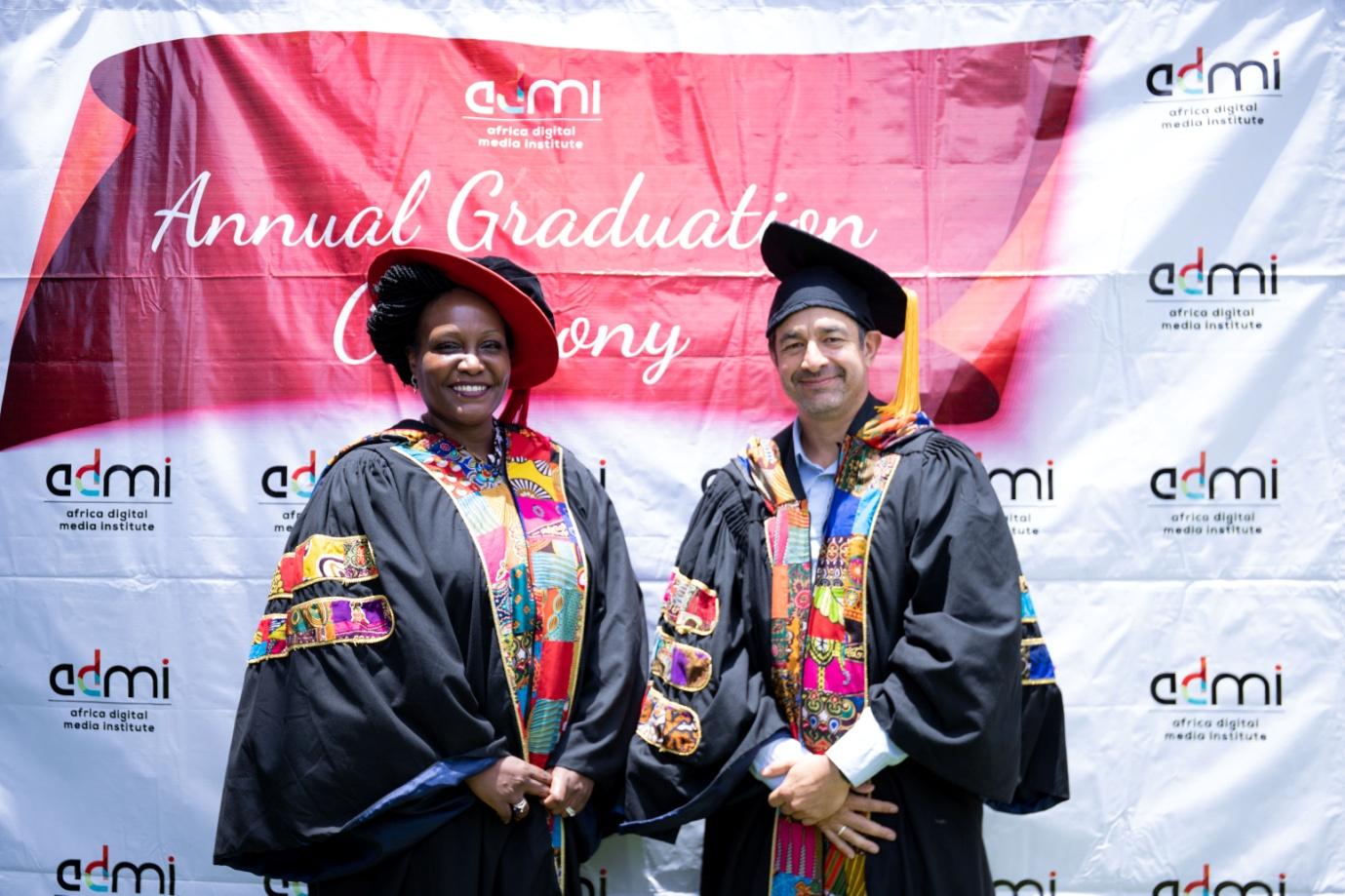
By Dr. Laila Macharia;
Africa stands on the precipice of a demographic transformation, with projections indicating that its youth population will reach over 830 million within the next three decades.
This impending surge presents a dilemma, with both opportunities and risks.
When effectively harnessed through substantial investments in youth education and skills, it has the potential to positively revolutionize Africa’s economic and social fabric.

Yet, the troubling truth remains: a significant portion of Africa’s young people find themselves shut out of job opportunities because they cannot respond to employers’ real-life needs.
Several studies confirm that many, if not most, graduates lack both technical and soft skills, making them less competitive in the job market.
For instance, a survey commissioned by the Federation of Kenya Employers revealed that the majority of entry-level candidates are unprepared. Specifically, 64 percent lack the necessary technical skills, 46 percent lack essential soft skills, and 44 percent lack essential life skills.
Yet, there is a solution in sight.
The World Bank in a recent report says developing nations like Kenya, need to focus more on targeted skills expansion in the digital space in preparation for ‘digital future’ jobs.
Africa’s digital economy is expanding fast and the lender estimates that 230 million jobs in the region will require digital skills by 2030.
So if we carefully equip young graduates with the digital skills and a global mindset needed for these open roles, they can be immediately productive upon graduation.
But do we know what jobs are needed? Fortunately yes. The World Economic Forum’s Future of Jobs Report 2023 shows that jobs in traditional security, factory, and commerce are expected to shrink by a huge percentage in the next five years.
The report highlights that administrative roles, including cashiers and ticket clerks, data entry, accounting, bookkeeping, payroll clerks, administrative and executive secretaries, are at risk of automation, potentially leaving millions jobless.
However the same report says large-scale job growth is expected in education, agriculture, digital commerce, and trade.
For instance, jobs in the education industry are expected to grow by about 10 percent in the next five years, leading to 3 million additional jobs for vocational education teachers and university and higher education teachers globally.
Jobs for agricultural professionals, especially agricultural equipment operators, are expected to see an increase of around 30 percent, leading to an additional 3 million jobs. Growth is forecast in approximately 4 million digitally enabled roles, such as e-commerce specialists, digital transformation specialists, and digital marketing and strategy specialists.
Analytical thinking and creative thinking remain the most important skills for workers.Analytical thinking is considered a core skill by employers. Creative thinking, another cognitive skill, ranks second, ahead of three self-efficacy skills – resilience, flexibility and agility; motivation and self-awareness; and curiosity and lifelong learning – in recognition of the importance of workers ability to adapt to disrupted workplaces. Dependability and attention to detail, and technological literacy also rank highly.
Cognitive skills are reported to be growing in importance most quickly, reflecting the increasing importance of complex problem-solving in the workplace.
In this brave new digital world, essential skills will lean much more towards softer skills.
Institutions of learning need to lead this shift to preparing a new type of digital professional, designing curricula and cultures that inculcate these skills in learners to enable them remain relevant in the job market in future.
For instance, the Africa Digital Media Institute has been working for more than a decade to skill, upskill and reskill Africa for the digital economy.
In consultation with industry, it structured its offering as a learn-and-work model, providing a global, practical, digital, progressive, and transformative education.
The model is working:at the tertiary level, some 70 percent of alumni are working work by graduation, and over 90 percent are gainfully engaged 6 months later.
Another program works with enterprise leaders to target existing employees who need to retool for the future of work, helping them get ahead of the sweeping changes to come.
Scaling these models and others like them is imperative if we are to meet the targets outlined in the African Union’s Digital Transformation Strategy (2020-2030).
To capture Africa’s demographic dividend, let’s recognize that skills are mission-critical and take an ecosystem approach to address gaps and share lessons.
The author, Dr. Laila Macharia, chairs the Africa Digital Media Institute which runs several enterprise and open programs to prepare Africans for the future of work.










